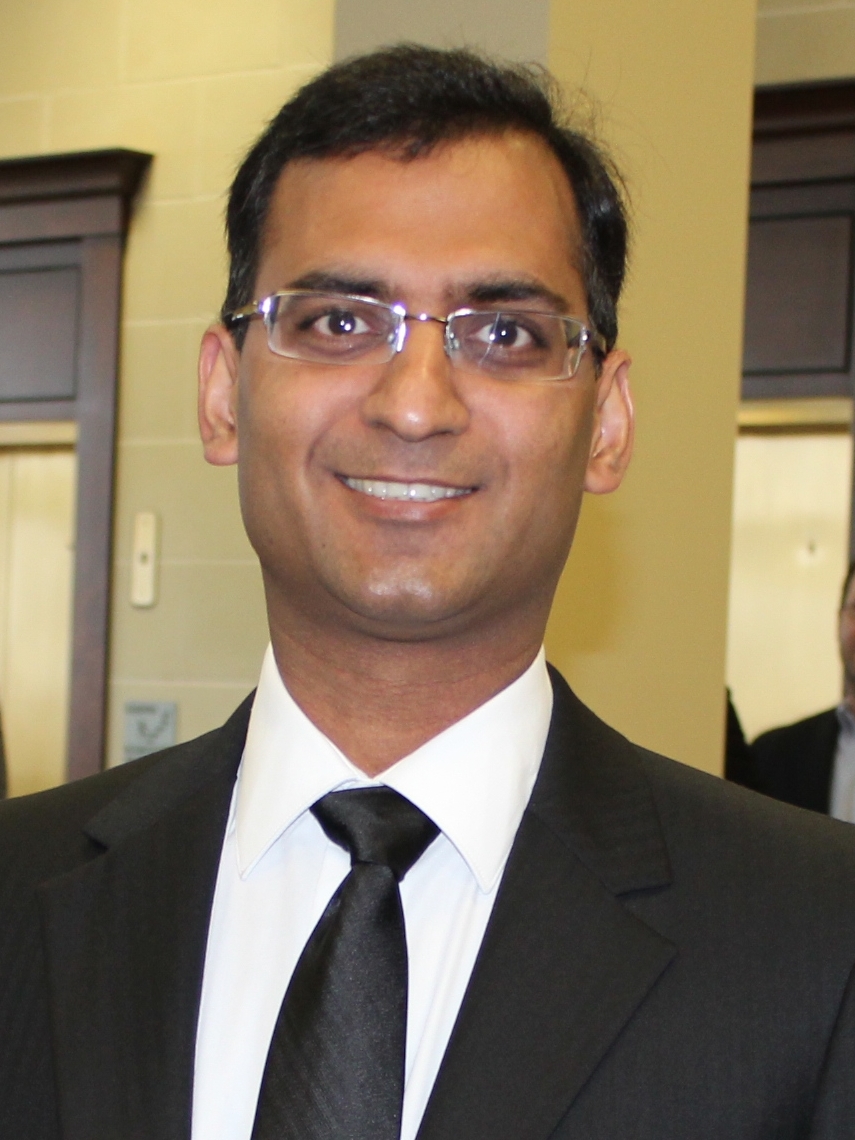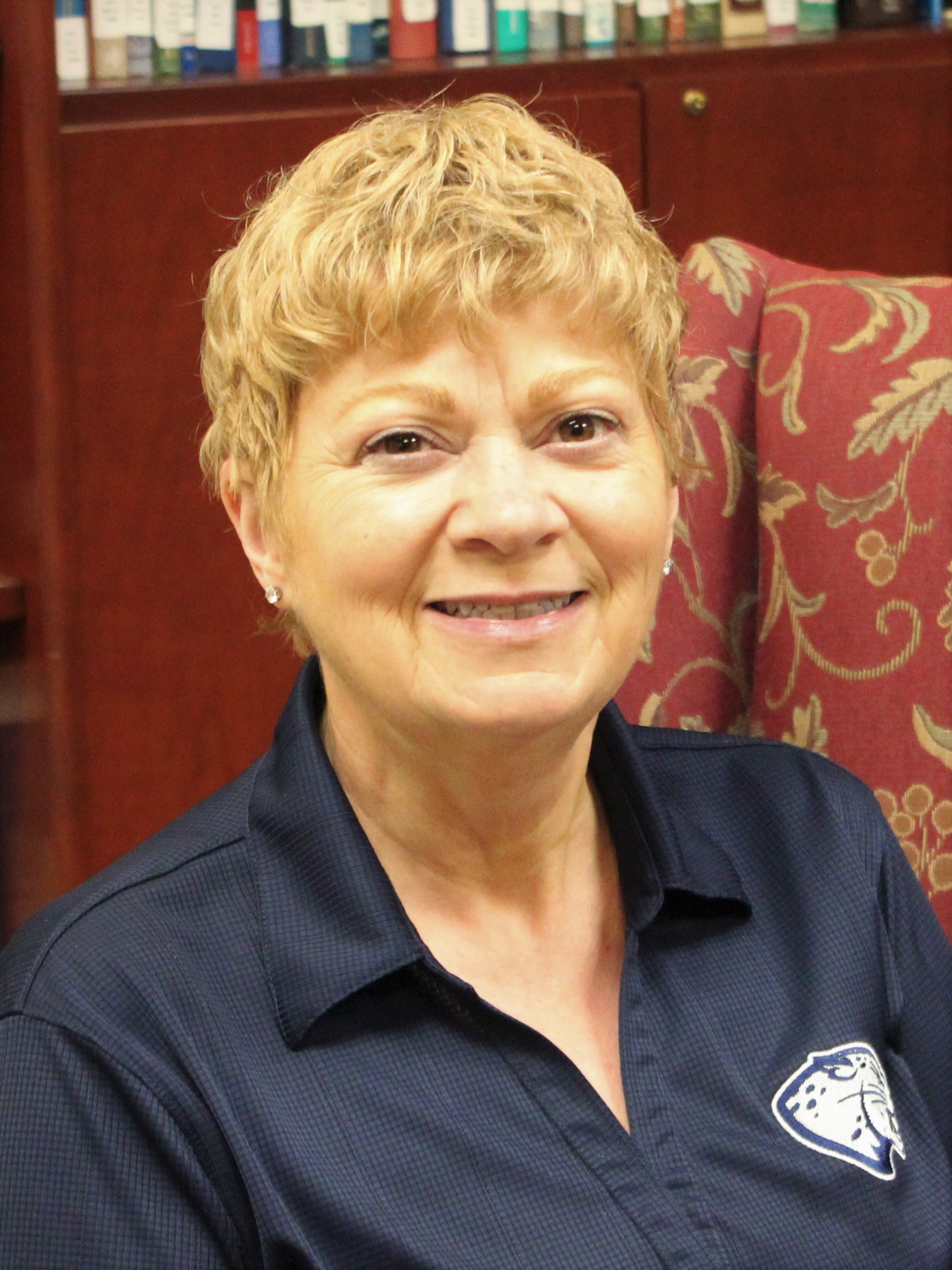
- Augusta University
- Colleges & Schools
- Medical College of Georgia
- Anesthesiology
- Critical Care Fellowship
Critical Care Fellowship
General Information
The ACGME-accredited Anesthesiology and Anesthesiology/Emergency Medicine Critical Care Fellowship Program accepts one fellow each year on a competitive basis. The fellowship is multi-disciplinary with curriculum consisting of rotations through surgical, trauma, medical, neuro, burn, and cardiovascular ICUs.
Program CurriculumDidatics, Rotations & ElectivesEvaluation & Contact
Contact Us
Anesthesiology Critical Care Fellowship
Medical Center, BI 2144
762-375-3871
706-446-0077
What Makes Our Program Unique?
- Anesthesia Critical Care board pathway: The two-year fellowship is sponsored by the Department of Anesthesiology. Graduates of the program are eligible to sit for the Anesthesia Critical Care board exam. The curriculum is based off the typical ACGME Anesthesia CCM program. These core requirements are spread across the two-year period and interspersed with dedicated ultrasound months, electives, and emergency medicine months. This approach allows a wide variety of learning opportunities while helping to maintain core emergency medicine skills and an appropriate work-life balance throughout a demanding fellowship.
- Comprehensive training in all areas of Critical Care & Burn Care: Augusta University Medical Center is the region’s only Level I Trauma Center, Comprehensive Cardiac Center, and Comprehensive Stroke Center. We feature dedicated medical, surgical, trauma, neurosurgical, cardiac, and cardiothoracic surgery ICUs, in addition to pediatric and neonatal ICUs. Our fellows also rotate through the largest burn center in the United States, which is located here in Augusta. Our fellowship offers an extensive range of opportunities, but still provides enough flexibility for fellows to focus on their areas of interest.
Following completion of the program, the fellows qualify for the American Board of Anesthesiology examination certifying: Added Fellow Qualifications in Anesthesiology Critical Care.
Core Curriculum
Fellows are expected to attend and actively participate in all anesthesiology department conferences. They present complex cases at M&M conferences and are prepared to contribute to the discussion of cases presented by faculty.
Anesthesiology Critical Care (ACC) fellows are responsible for medical student and junior resident education through daily bedside rounds and direct supervision of care and will also participate as instructors in FCCS workshops.
A publishable research project and/or a grand rounds presentation is expected prior to graduation. Each fellow serves as a member of the Medical Center ICU committee during their fellowship and participates in Quality Improvement projects.
ACC training is provided at the Wellstar MCG Medical Center, the region's only Level I Trauma Center. As a fellow, you will participate in simulation training at the SPEAR Center on a regular basis. Fellows also rotate in the Joseph M. Still Burn Center, the designated Southeast Regional Burn Center and a part of the Georgia Trauma Care Network.
Didactics, Rotations & Electives
Didactics
- Daily morning and afternoon bedside rounds
- Multidisciplinary Fellows' didactic conference
- Critical care teaching conferences
- Departmental and multidisciplinary grand rounds
- Morbidity and mortality conferences
- Critical care ultrasound workshops
- Fundamental Critical Care Support workshops
Rotations
Fellows rotate in several of the ICUs at the Augusta University Medical Center and at Doctor’s Hospital. Specific orientation to each unit will take place during the first few days of the rotation. The individual units and specialty include:
| Surgical/Cardiothoracic ICU | 12 beds | ≈ 7 months |
| Trauma ICU | 12 beds | ≈ 1 month |
| Neuroscience ICU | 10 beds | ≈ 1 month |
| MICU | 10 beds | ≈ 1 month |
| Joseph M. Still Burn Center at Doctor’s Hospital | ≈ 1 month | |
| CT Anesthesia/Echocardiography (elective) | ≈ 1 month |
Electives
Fellows are evaluated by faculty on a monthly basis with regular written and direct feedback. They also have a bi-annual simulation scenario with multidisciplinary evaluation as a part of the required Milestone evaluations. Fellows meet regularly with the program director to go over their portfolio.
We strictly follow ACGME guidelines to not exceed an 80-hour work week.
Evaluation & Contact
Fellows are evaluated by faculty on a monthly basis with regular written and direct feedback. They also have a bi-annual simulation scenario with multidisciplinary evaluation as a part of the required Milestone evaluations. Fellows meet regularly with the program director to go over their portfolio.
We strictly follow ACGME guidelines to not exceed an 80-hour work week.

Vikas Kumar, MBBS, CHSE
- Program Director

Margaret Eakins
- Program Coordinator